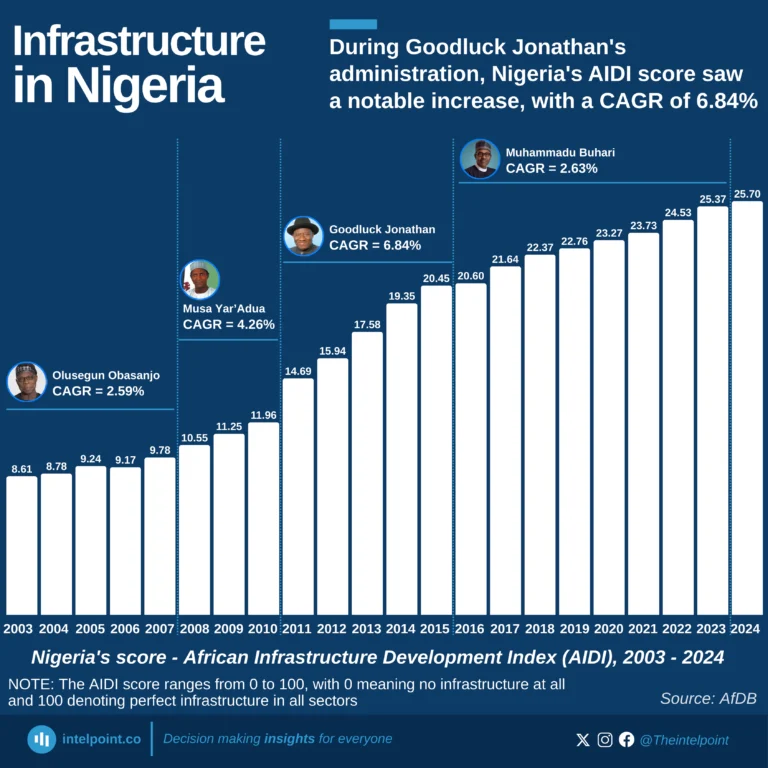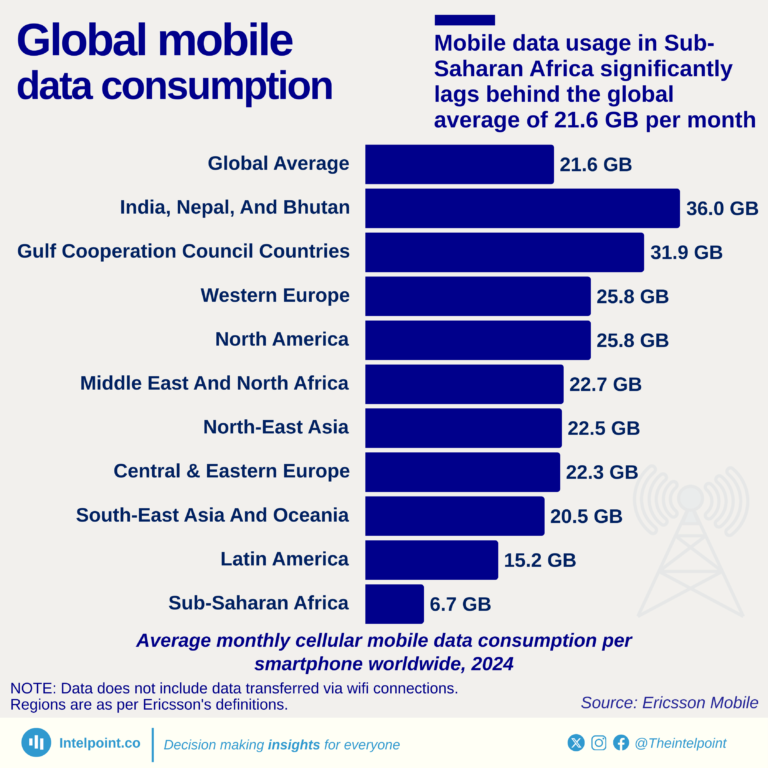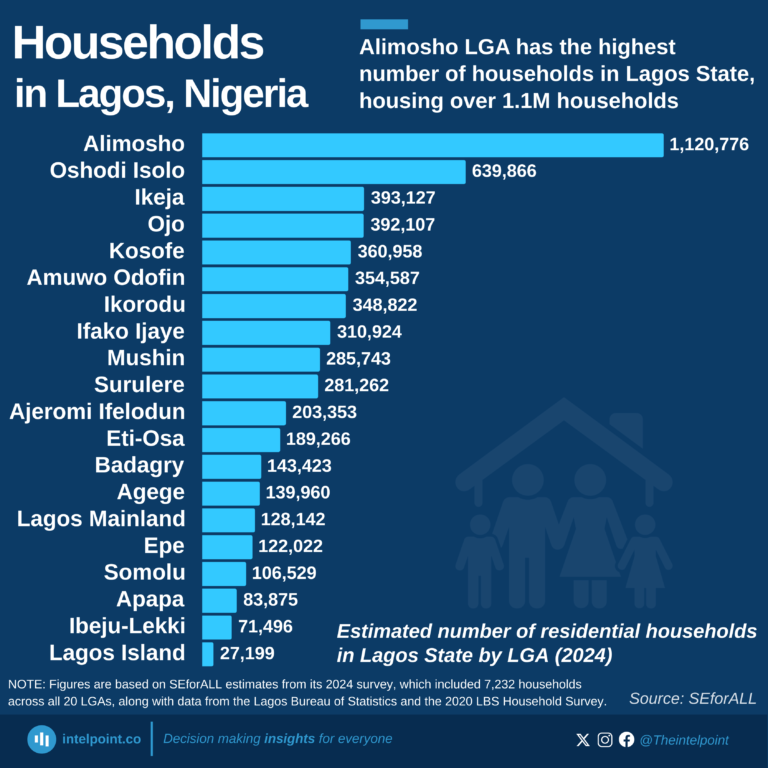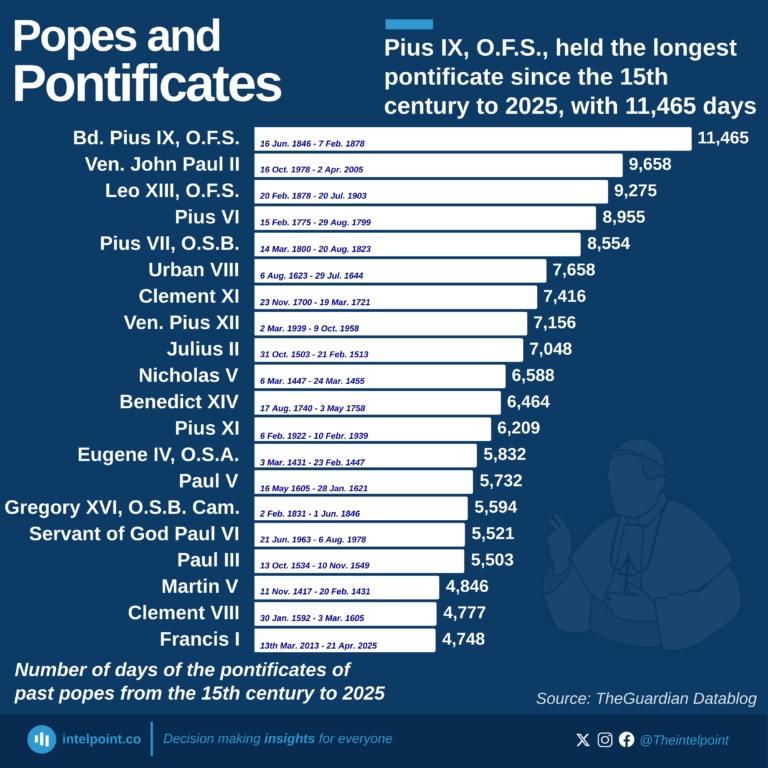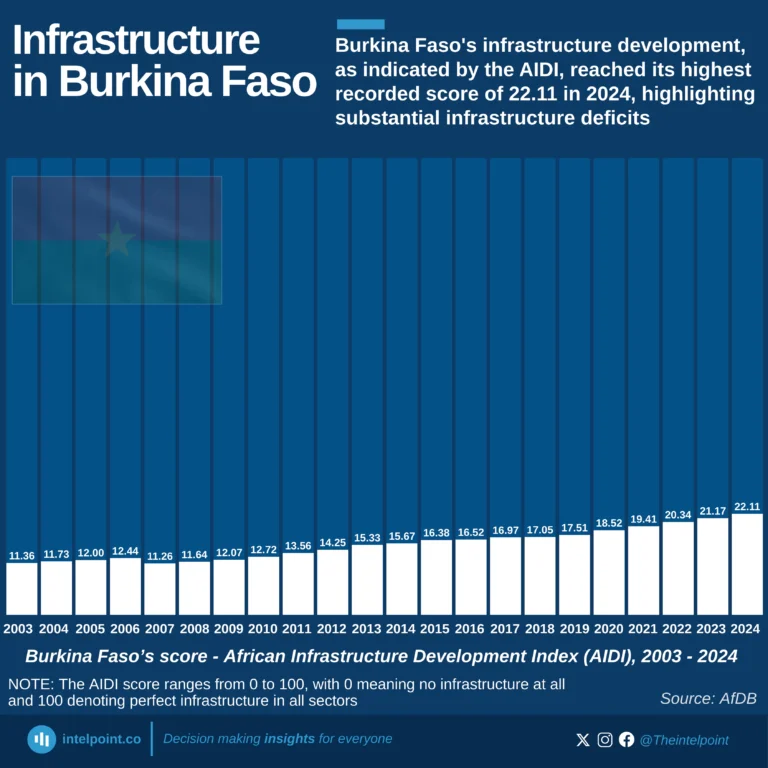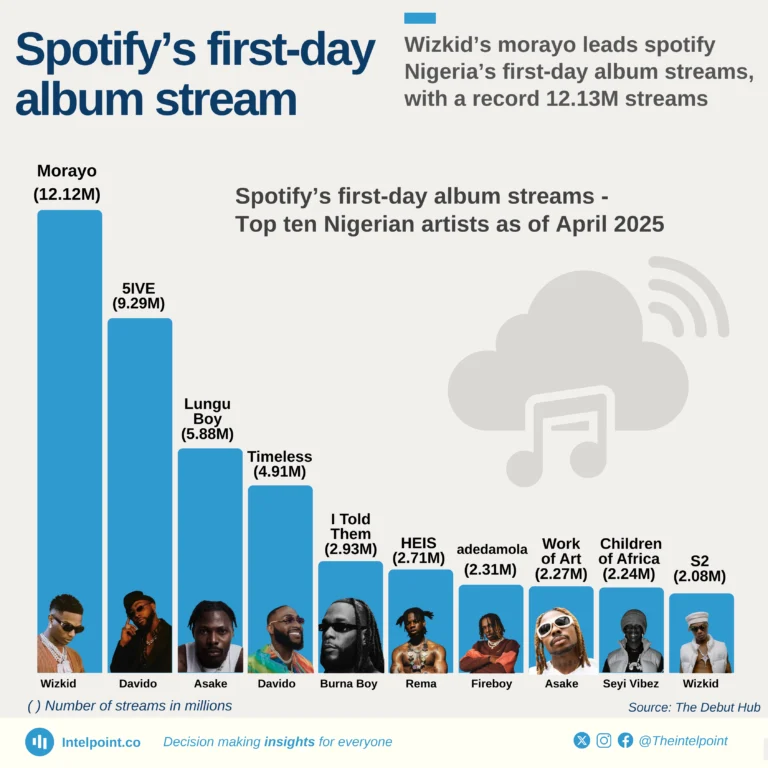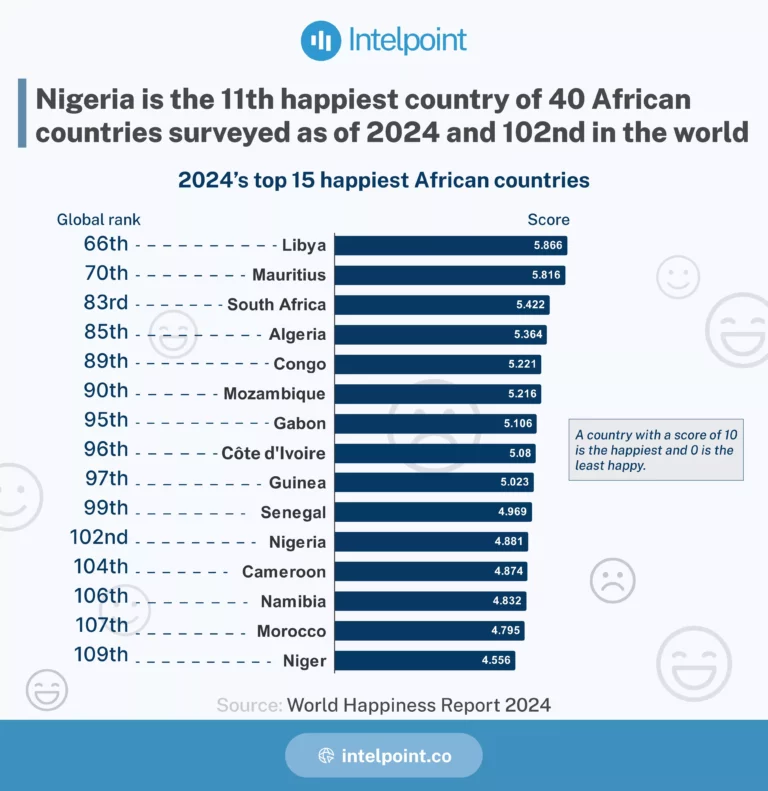
Nigeria has ranked the 102nd happiest country of 143 countries surveyed globally as of 2024; it ranked 11th of 40 African countries.
Libya ranked 66th globally and 1st in Africa, followed by Mauritius and South Africa in 70th and 83rd positions, respectively.
The World Happiness Report ranks happiness based on GDP per capita, life expectancy, generosity, social support, freedom, and corruption.
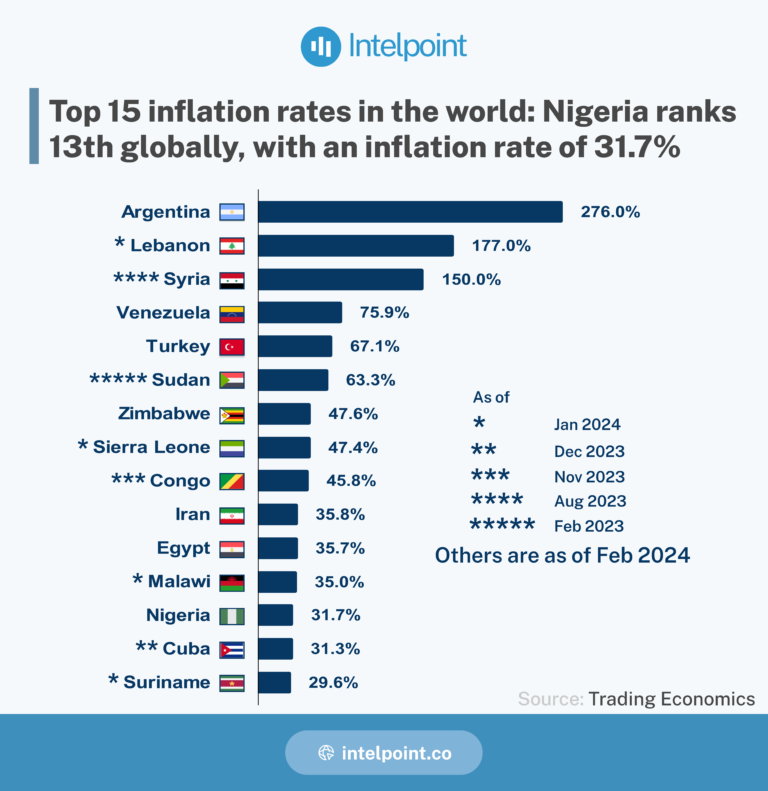
Inflation rate in Nigeria increased to 31.7% in February 2024. Nigeria has the 13th highest inflation rate out of 186 countries and territories as of February 2024.
The data showcases Argentina leading with 276%, followed by Lebanon and Syria. Seven of the top fifteen are African.


Bitcoin, the flagship cryptocurrency, has hit an all-time-high of $72,000 as of March 11, 2024, signifying a bull run in the crypto market.
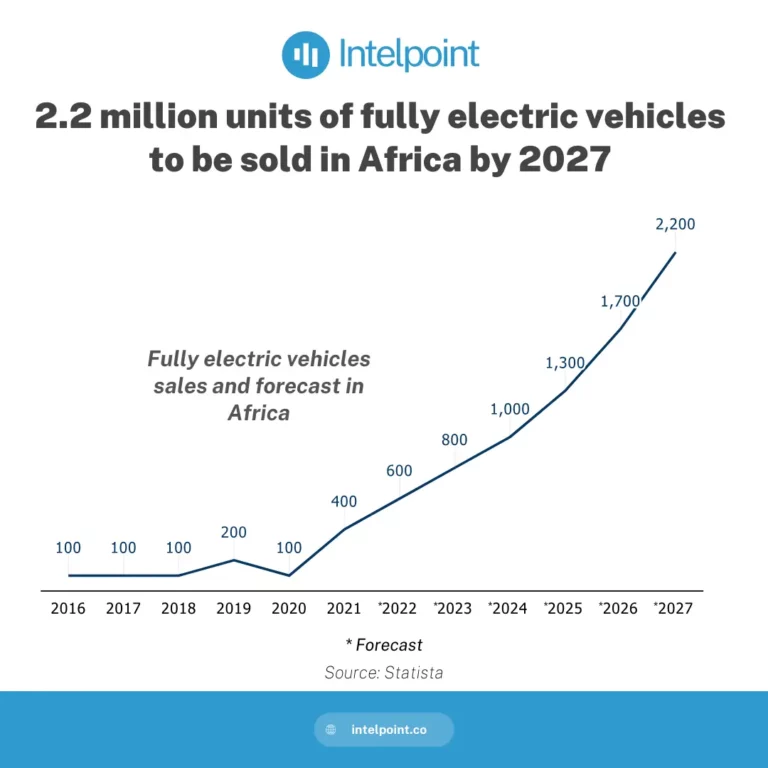
As of 2021, there were 400 fully electric vehicles sold in Africa, which is expected to reach 2,200 by 2027. By 2027, Africa will only account for approximately 0.02% of fully electric vehicles sold worldwide.
Global sales of electric vehicles are projected to hit 13.33 million by 2027, up from 4.6 million in 2021, indicating a significant increase in the shift from petroleum product-powered vehicles to electronic ones.
